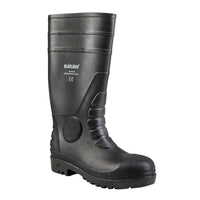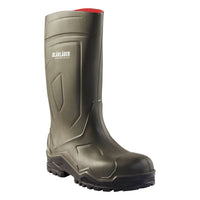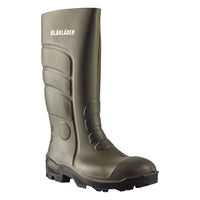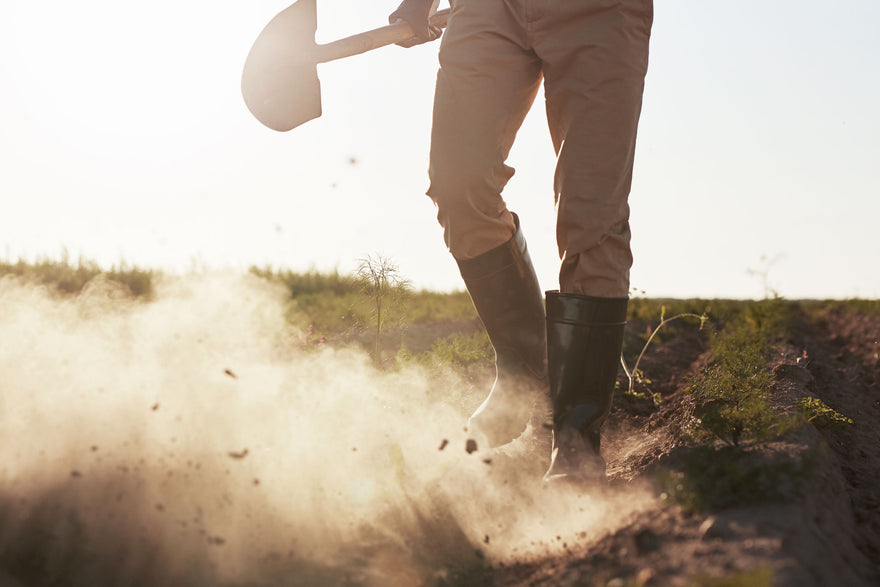Getting The Safety Wellington Boots For Your Needs
To get the most from your safety wellies, you need to get a pair that suits your needs; there are many factors to consider when choosing your boot, so we have put some key factors into consideration here to help you decide.




